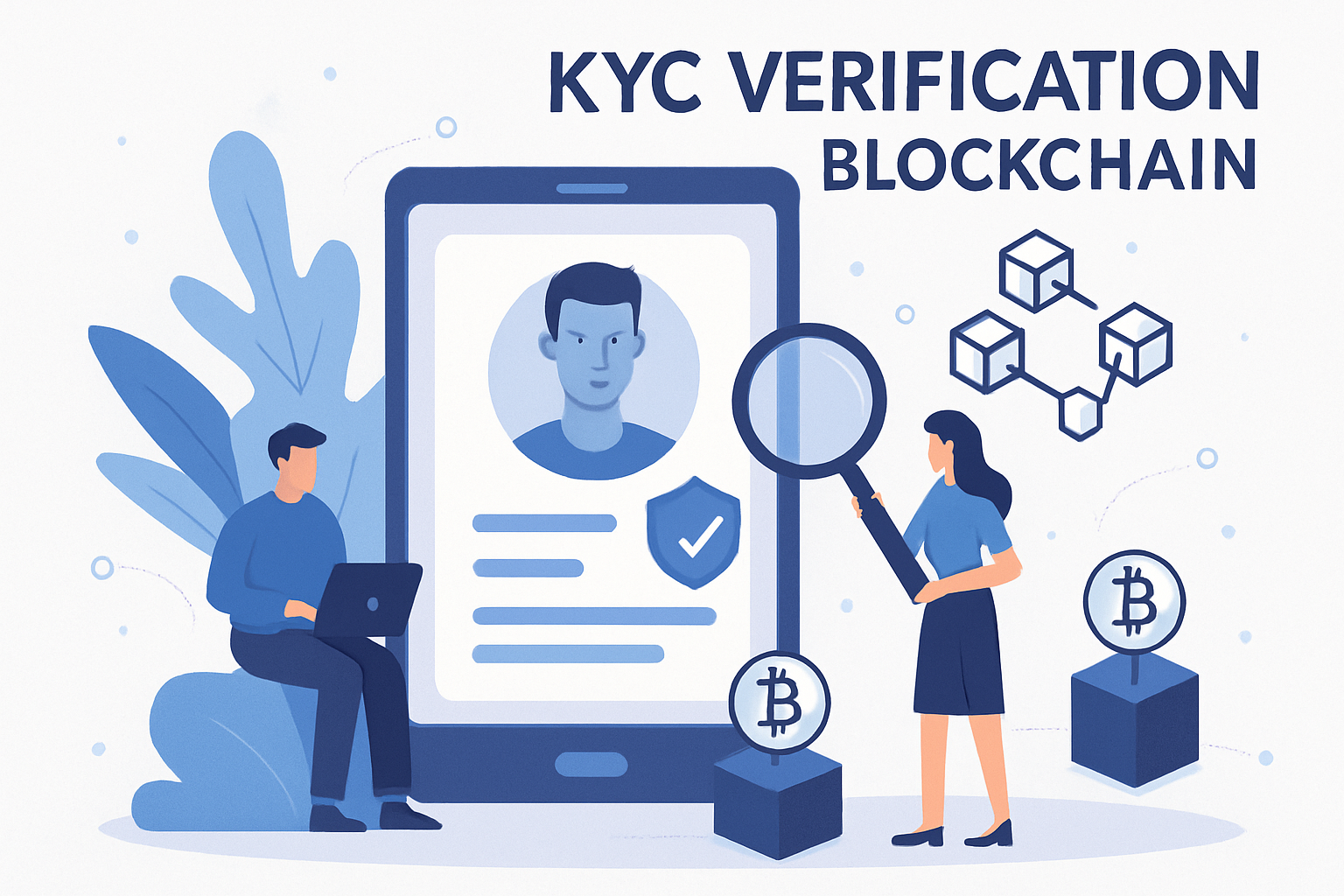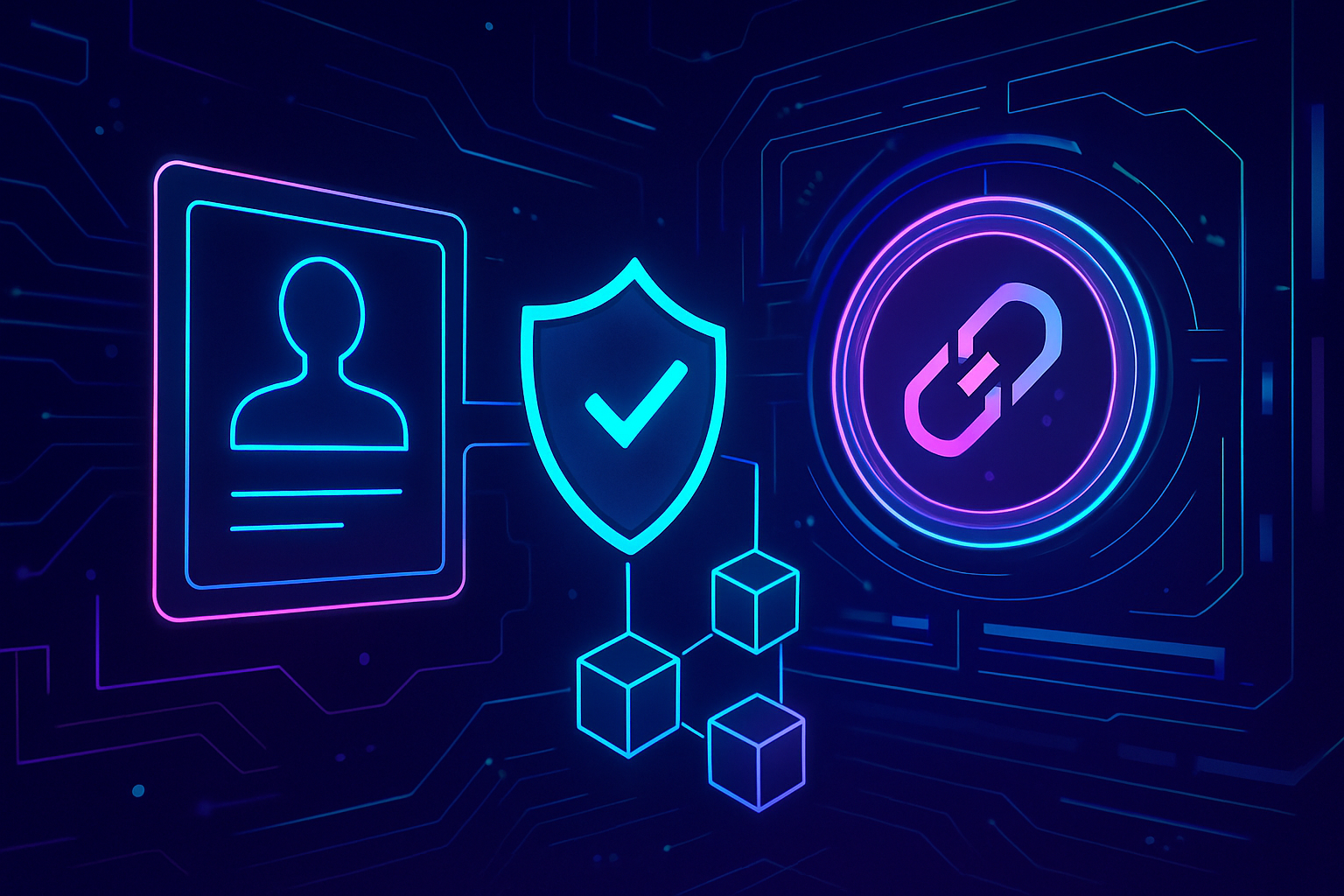
Web3 token sales in 2025 face a rapidly evolving regulatory landscape, where Know Your Customer (KYC) compliance is no longer optional but a foundational requirement for both legal clarity and investor trust. Yet, the traditional KYC process is fraught with friction: users must repeatedly submit sensitive documents, project teams are saddled with data custody risks, and onboarding bottlenecks can stifle participation. The emergence of onchain attestations for KYCed addresses is fundamentally transforming this paradigm by offering a cryptographically secure, privacy-preserving, and interoperable solution.
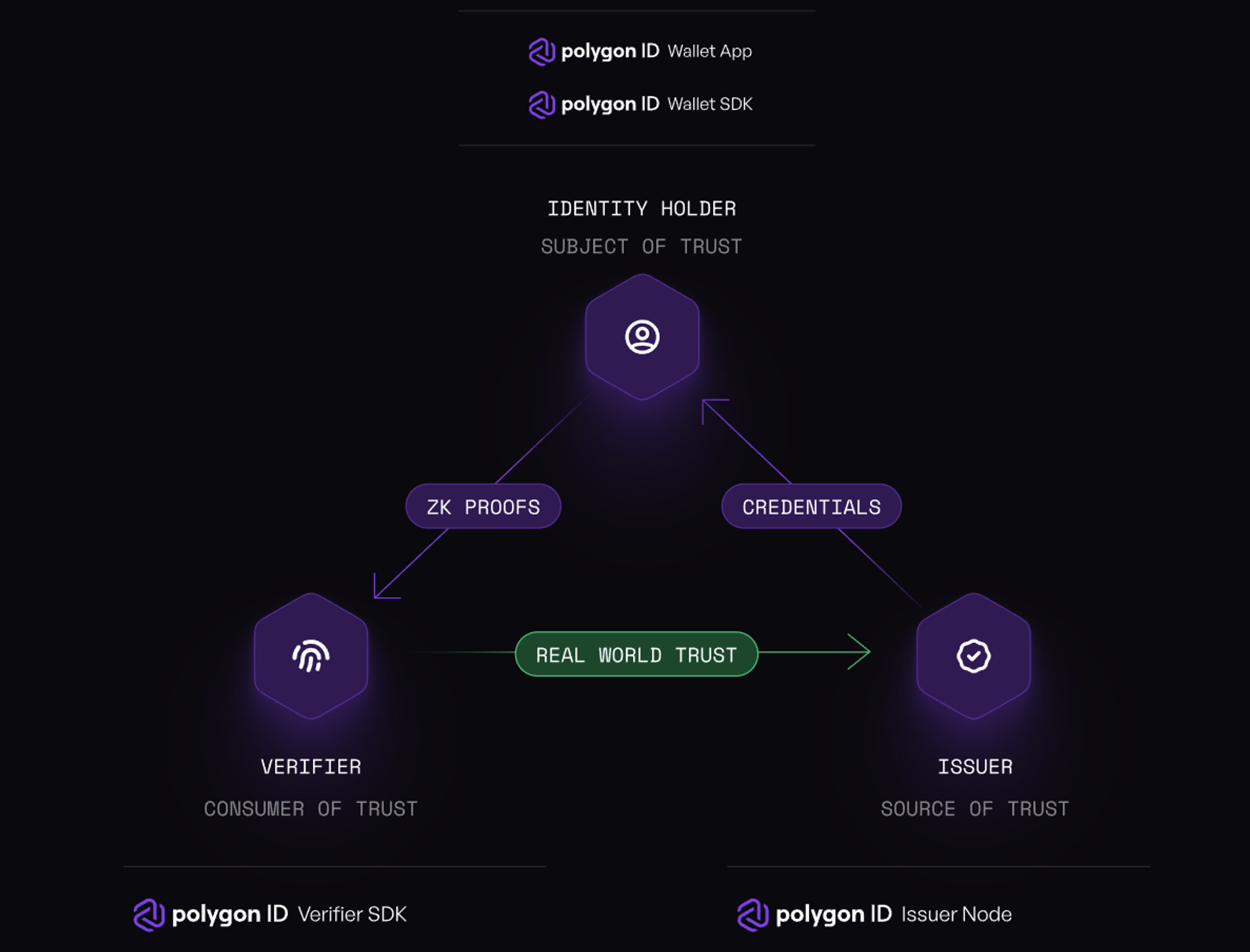
Why Onchain Attestations Are Reshaping Web3 KYC Compliance
At their core, onchain attestations are digital proofs anchored on the blockchain that verify specific attributes or credentials, such as KYC status, without exposing underlying personal information. This approach flips the old compliance model on its head. Instead of siloed verification processes for every new decentralized application (dApp) or token sale, users obtain a reusable attestation from a trusted provider and present it across multiple platforms.
The implications are profound:
- Privacy preservation: Users prove compliance without handing over copies of passports or utility bills to every project. Cryptographic proofs confirm eligibility, age, residency, accredited status, while keeping sensitive details off-chain.
- Operational efficiency: Projects can automate allowlist management and token sale access by simply checking for valid attestations onchain. No more manual cross-referencing or redundant data storage.
- Regulatory alignment: With verifiable compliance checks embedded at the protocol level, token launches can demonstrate robust AML/KYC controls to regulators and auditors alike.
This isn’t theoretical. Platforms like Solana Attestation Service (SAS) now let users KYC once and leverage that attestation across countless dApps within the Solana ecosystem. Similarly, Blockpass’s On-Chain KYC® 2.0 enables issuance of reusable digital identities compatible with Ethereum, Solana, and more, drastically lowering onboarding barriers while satisfying legal requirements.
The Mechanics: How Decentralized KYC Attestations Work
The technical workflow behind decentralized KYC attestations is elegantly simple:
How Onchain Attestations Work in Web3 Token Sales
-
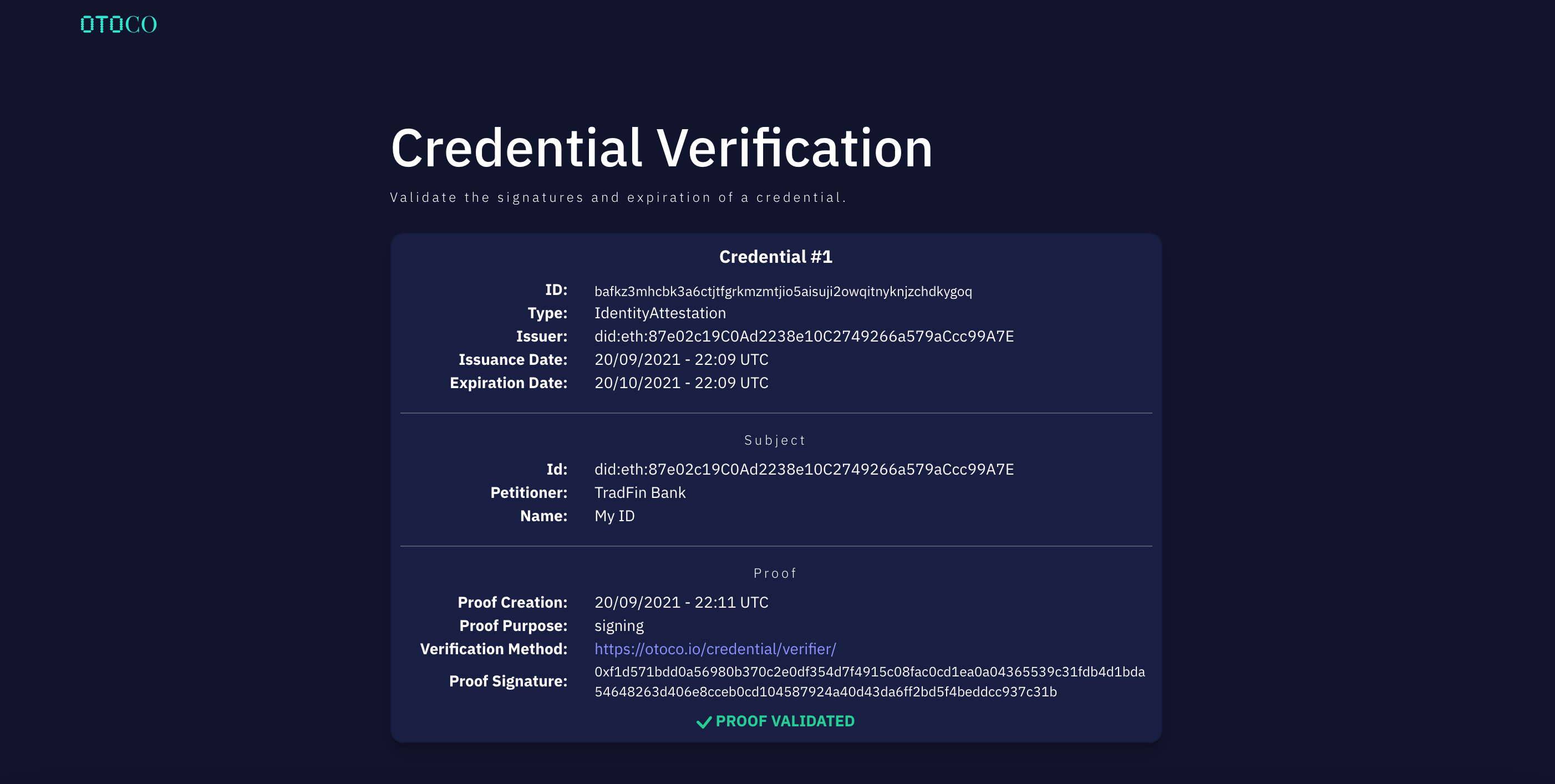
2. Issuance of Onchain AttestationOnce verified, the provider issues a cryptographic attestation (proof of KYC) on the blockchain. This attestation is linked to the user’s wallet address and confirms their compliance status without exposing sensitive personal data. Protocols like Attest Protocol and Solana Attestation Service (SAS) enable this step.
-
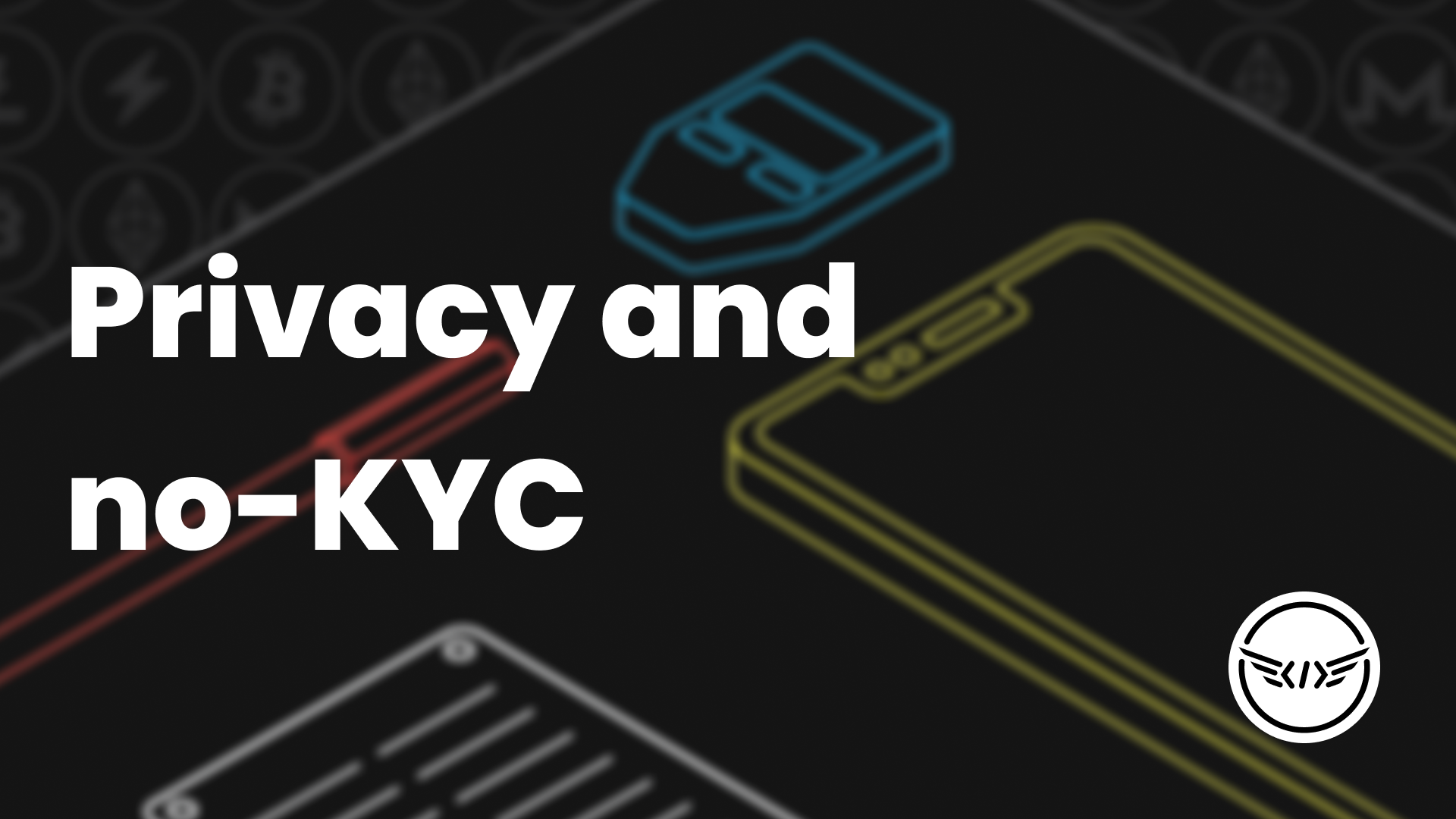
3. Privacy-Preserving Verification for dAppsWhen participating in a token sale, users can prove their KYC status to decentralized applications (dApps) by referencing their onchain attestation. The dApp verifies the attestation’s validity without accessing the underlying personal information, preserving user privacy.
-
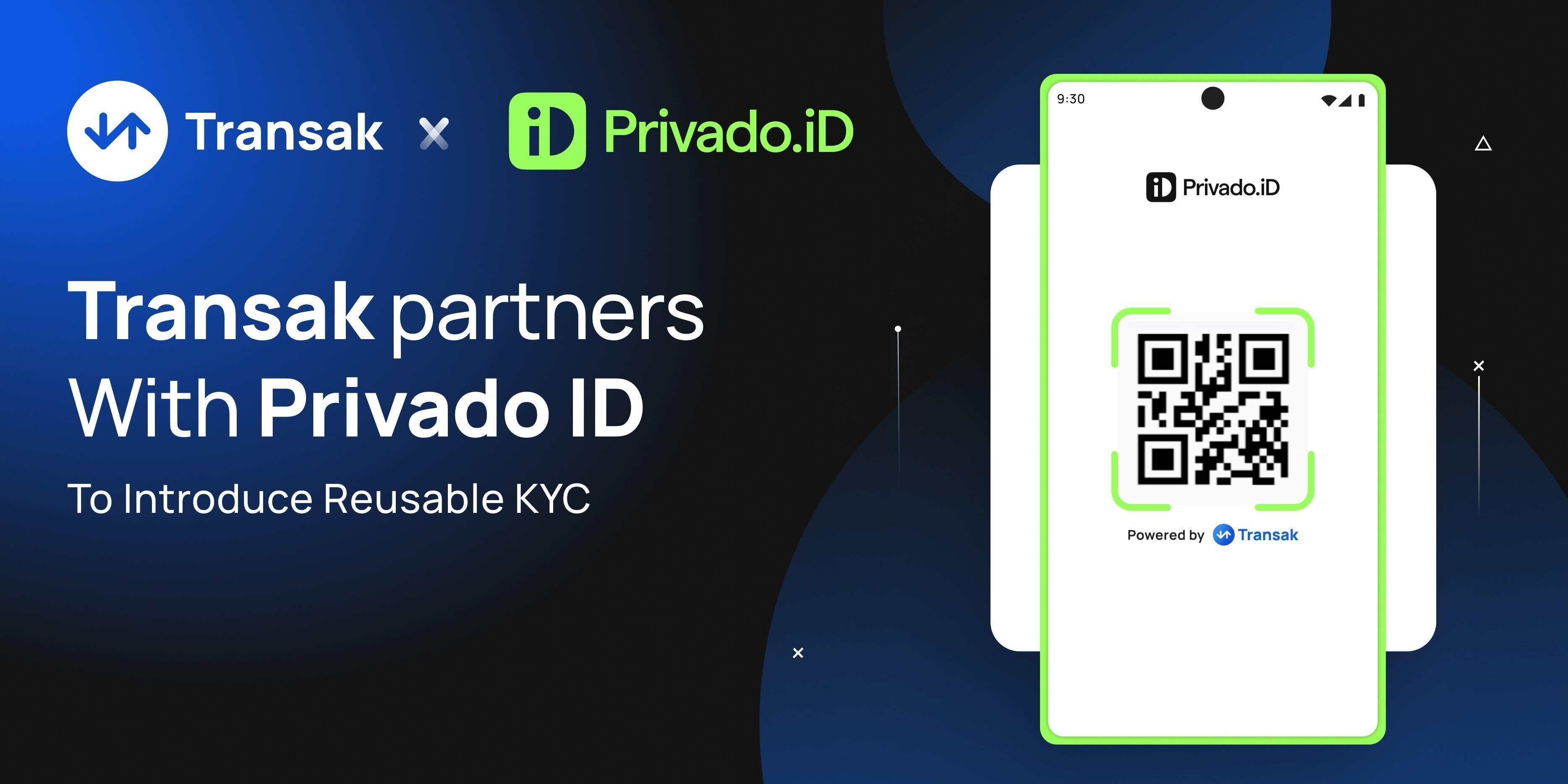
4. Reusability Across Multiple PlatformsBecause attestations are recorded onchain, users can reuse them across different token sales and Web3 platforms. This eliminates repeated KYC verifications and streamlines onboarding, as seen with solutions like Solana Attestation Service (SAS) and Blockpass On-Chain KYC® 2.0.
-
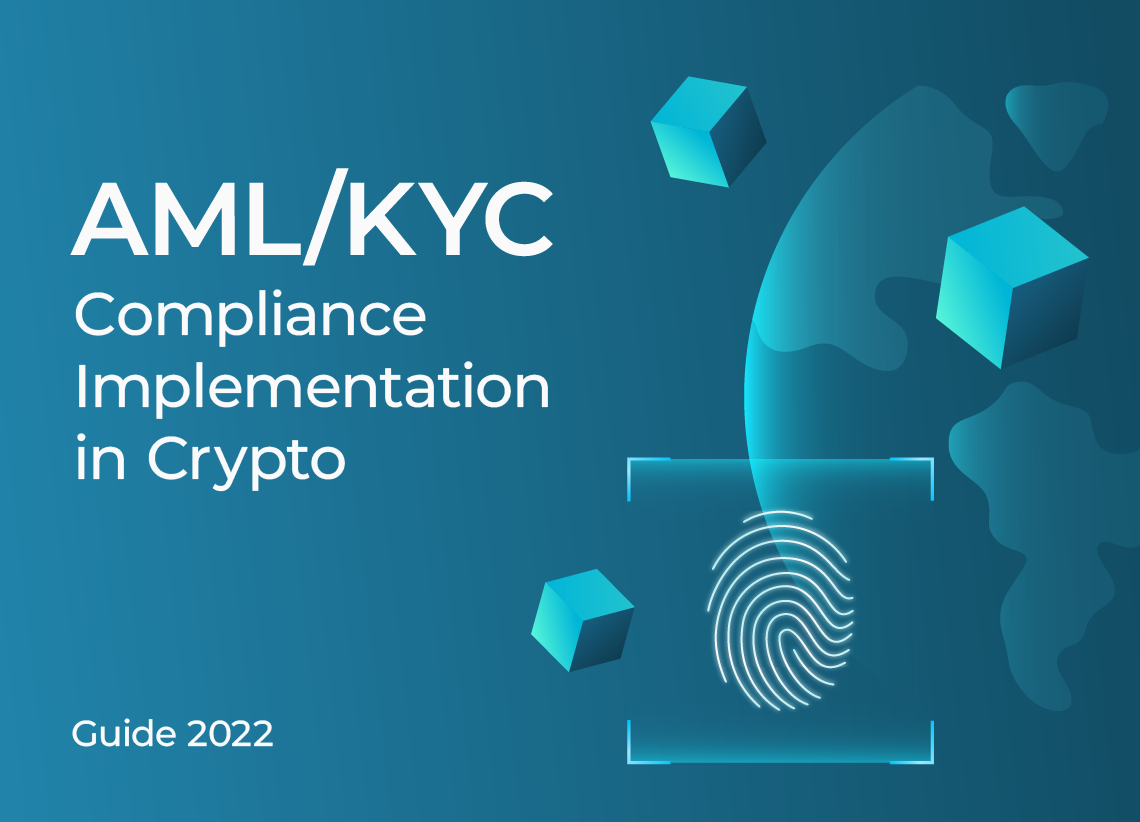
5. Regulatory Compliance and AuditabilityOnchain attestations provide immutable, timestamped proof that KYC checks were performed. This helps token sale organizers demonstrate regulatory compliance (including AML requirements) and enables transparent, auditable records for regulators or third parties.
A user completes a one-time identity verification with an approved provider (often using government-issued documents). Upon successful review, the provider issues an attestation, a cryptographically signed statement, that’s published to a public blockchain address controlled by the user.
This attestation acts as a reusable credential. Whenever the user wishes to participate in a new token sale or gated DeFi platform, they simply present their attested address. The platform verifies the signature and schema of the attestation directly onchain, no need to collect fresh documents or rerun costly manual checks.
For developers and allowlist managers, integration is streamlined as well. Protocols like Attest Protocol offer schema-based systems enabling one-line verification of user credentials within smart contracts or backend logic. This dramatically reduces both integration time and risk exposure associated with handling PII (personally identifiable information).
Key Benefits Driving Adoption in Token Sales
- User Experience: One-time verification unlocks seamless participation across multiple projects without repetitive onboarding headaches.
- Ecosystem Interoperability: Standards-driven attestations work across chains, Ethereum, Solana, Polygon, enabling broad composability for both users and developers.
- Compliance Confidence: Onchain records provide immutable proof of regulatory adherence for audits and dispute resolution, a critical factor as scrutiny intensifies globally.
This shift isn’t just about ticking regulatory boxes; it’s about empowering users with control over their digital identity while enabling projects to scale efficiently in an increasingly complex environment.
As the Web3 sector matures, the demand for decentralized KYC attestations is accelerating. Regulatory bodies are scrutinizing token sales with unprecedented rigor, and projects that lack robust, auditable compliance frameworks risk severe consequences. Onchain attestations for KYCed addresses are rapidly becoming the industry standard for token sale verification on blockchain networks.
Integrating these attestations not only minimizes legal exposure but also unlocks a frictionless user journey. For Web3 founders and allowlist managers, the operational upside is clear: no more sifting through spreadsheets of sensitive data or manually vetting wallets. Instead, smart contracts can instantly check attestation validity before allowing participation in token launches or gated communities.
Real-World Adoption: Platforms Embracing Onchain Attestations
The adoption curve is steepening as more platforms embrace this model:
Leading Web3 Projects Using Onchain KYC Attestations
-

Solana Attestation Service (SAS): SAS enables users to complete KYC verification once and reuse their onchain attestation across multiple dApps in the Solana ecosystem. By leveraging privacy-preserving cryptographic proofs, SAS ensures regulatory compliance without exposing sensitive personal data.
-
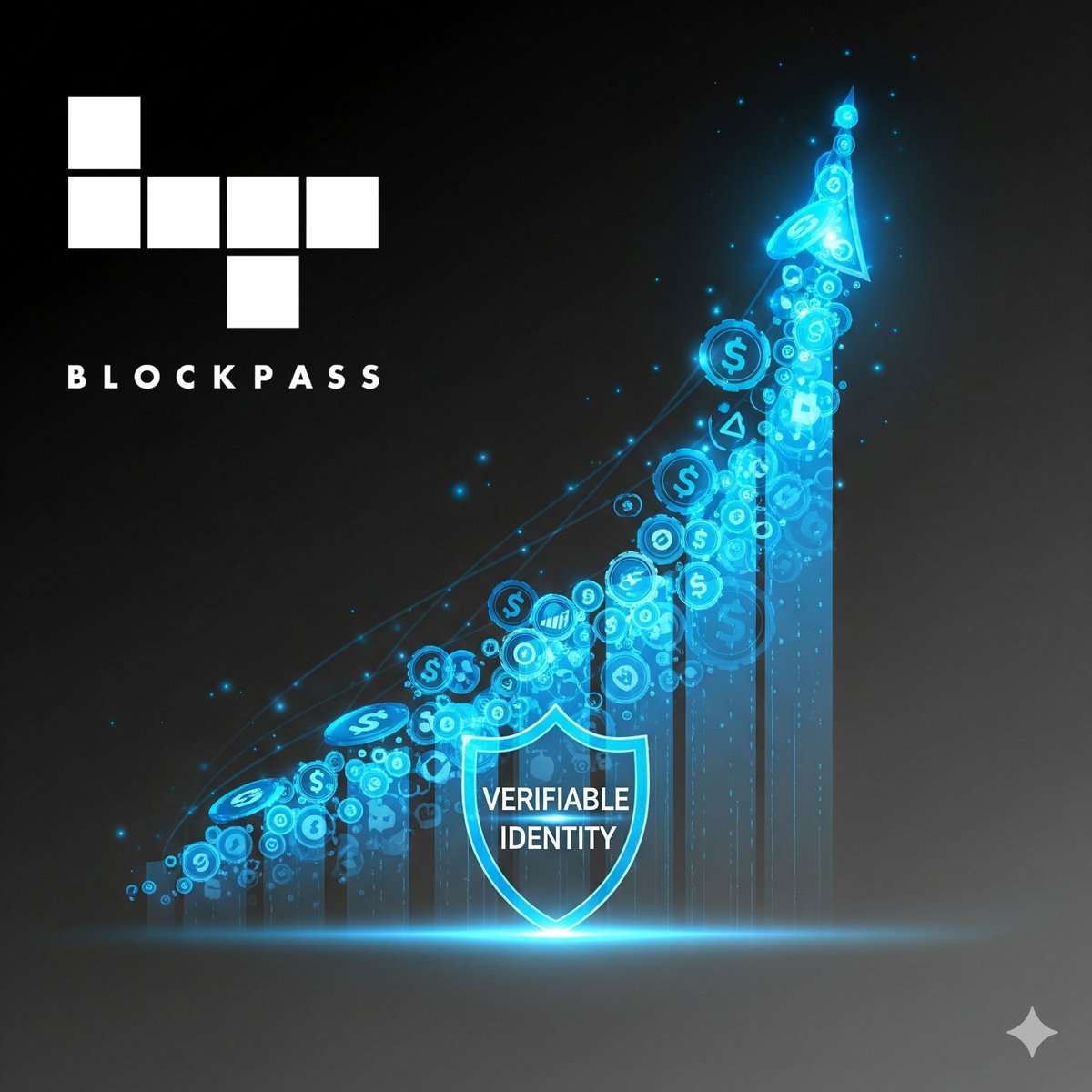
Blockpass On-Chain KYC® 2.0: Blockpass offers a robust solution for issuing onchain KYC attestations on Ethereum, Solana, and other chains. Its reusable digital identity framework streamlines compliance for token sales and allows users to control their data while meeting regulatory requirements.
-

IOTA Tokenized KYC: IOTA’s Tokenized KYC solution provides privacy-preserving onchain authentication for token sales. It reduces fraud risks and ensures compliance by allowing users to prove their KYC status without revealing underlying personal information.
-

Altme: Altme delivers a self-sovereign identity wallet that issues verifiable credentials for both off-chain and onchain use. Users can share proof of compliance for token sales while retaining full control over their personal data.
-
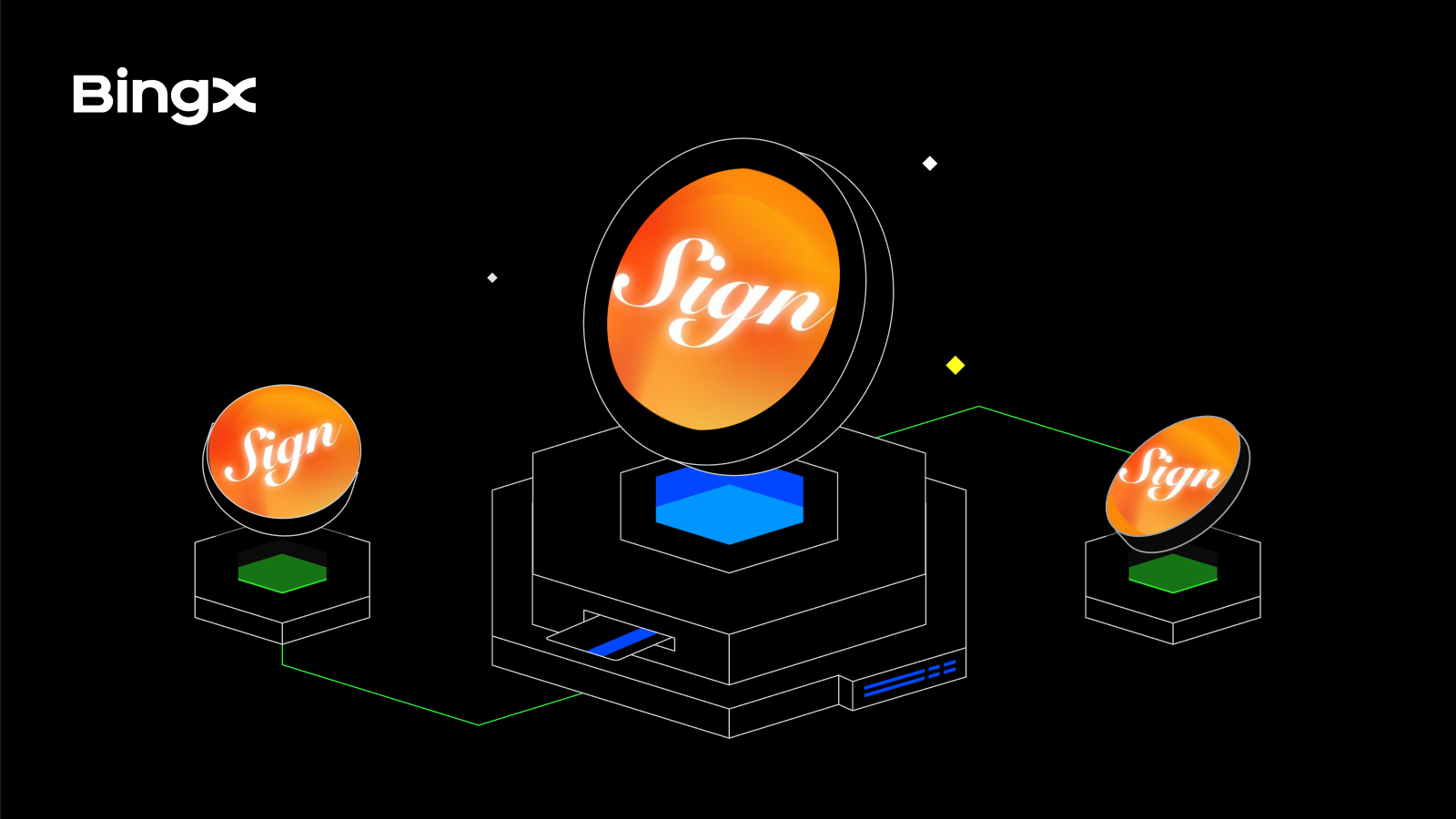
Attest Protocol: Attest Protocol offers a schema-based attestation system that simplifies KYC verification for developers. Its one-line integration allows dApps to verify users’ compliance status efficiently, supporting secure and compliant token sales.
For instance, Altme’s self-sovereign wallet empowers users to manage their own digital credentials, issuing verifiable proof of compliance that is portable across both off-chain and on-chain environments. This flexibility is essential for cross-platform participation and aligns with evolving privacy regulations.
The Solana Attestation Service (SAS) illustrates how reusable identity credentials can be leveraged throughout an entire ecosystem. A user who completes KYC once can seamlessly engage in multiple dApps without ever re-uploading documents, a radical improvement over legacy processes. Meanwhile, protocols like Attest Protocol offer developers plug-and-play solutions to verify KYC status with minimal code, reducing both development time and regulatory risk.
OnchainKYCe. me: Streamlining Compliance for Next-Gen Token Launches
Platforms such as OnchainKYCe. me are at the forefront of this transformation, providing a privacy-first framework for issuing, managing, and verifying KYC credentials directly on blockchain networks. By prioritizing interoperability and compliance by design, OnchainKYCe. me enables projects to:
- Dramatically reduce onboarding friction, improving conversion rates during token sales.
- Automate allowlist management, minimizing human error and administrative overhead.
- Demonstrate real-time regulatory adherence, satisfying both auditors and global regulators.
This approach doesn’t just benefit issuers; it puts users in control of their digital footprint while ensuring they meet eligibility requirements for exclusive opportunities like presales or gated DeFi protocols. The result is a win-win scenario, enhanced privacy for participants, streamlined compliance for projects.
Looking Ahead: The Future of Token Sale Verification Is Onchain
The trajectory is clear: as regulatory frameworks evolve and market expectations rise, decentralized attestation models will become indispensable infrastructure for any serious Web3 project. The days of fragmented onboarding processes and redundant document checks are numbered. Instead, verifiable onchain credentials, anchored by platforms like OnchainKYCe. me, will underpin secure, scalable growth across the decentralized economy.
Clarity and compliance drive innovation. As we move toward a future where digital identity is portable yet private, onchain attestations will be the backbone of trust in Web3 token markets.



